The field of deep learning requires heavy amounts of storage. Machine learning datasets often reach into the 100s of GBs, and pre-trained model weights can be large too. Many datasets (like JFT-300M by Google) remain inaccessible to data scientists outside large organizations. Furthermore, open datasets can be scattered across many apps and websites, and require the user to follow a lengthy tutorial for download, setup and processing.
13 posts tagged with "Data Science"
View All TagsAnnouncing Algovera Grants Round 4
The Algovera Grants Program continues! Several projects have returned and are continuing to build out their platforms, and we also have three new Squads joining the Algovera Creator Community. Read on for details and information on how to apply!
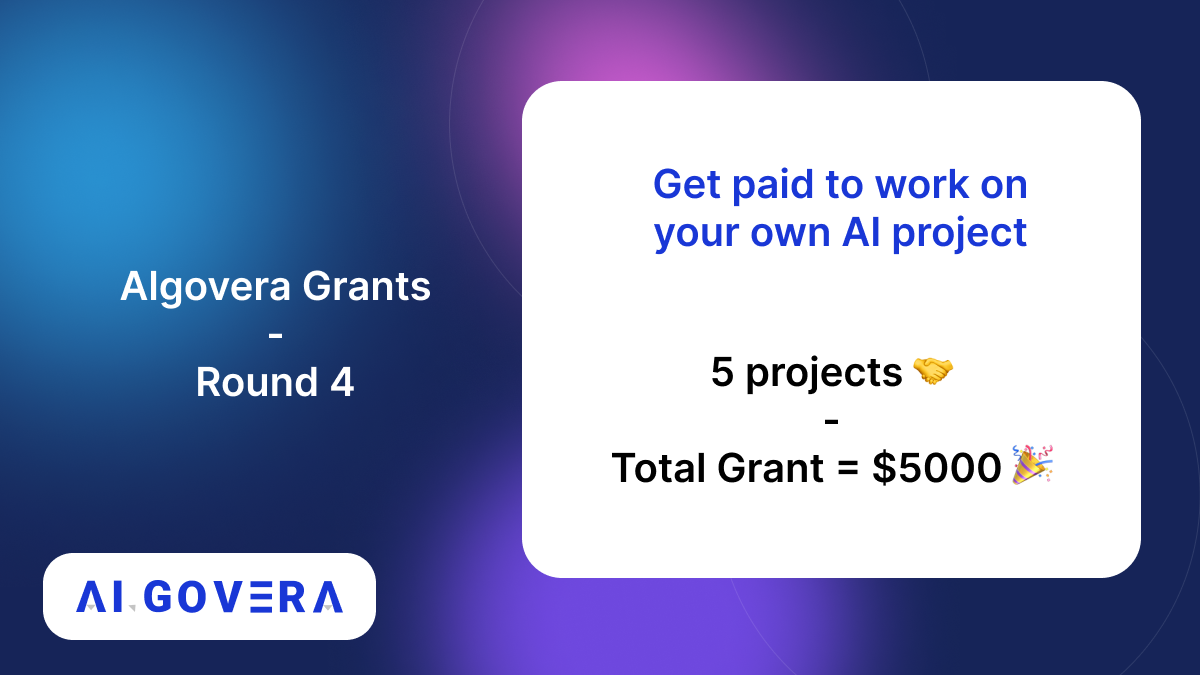
Announcing Algovera Grants Round 3
We are back with another grants round! The Algovera community has continued to produce incredible projects, and we are excited to continue funding innovation in decentralized AI with Round 3 of our Grants program. Read on for details and summaries of previous grant winners!
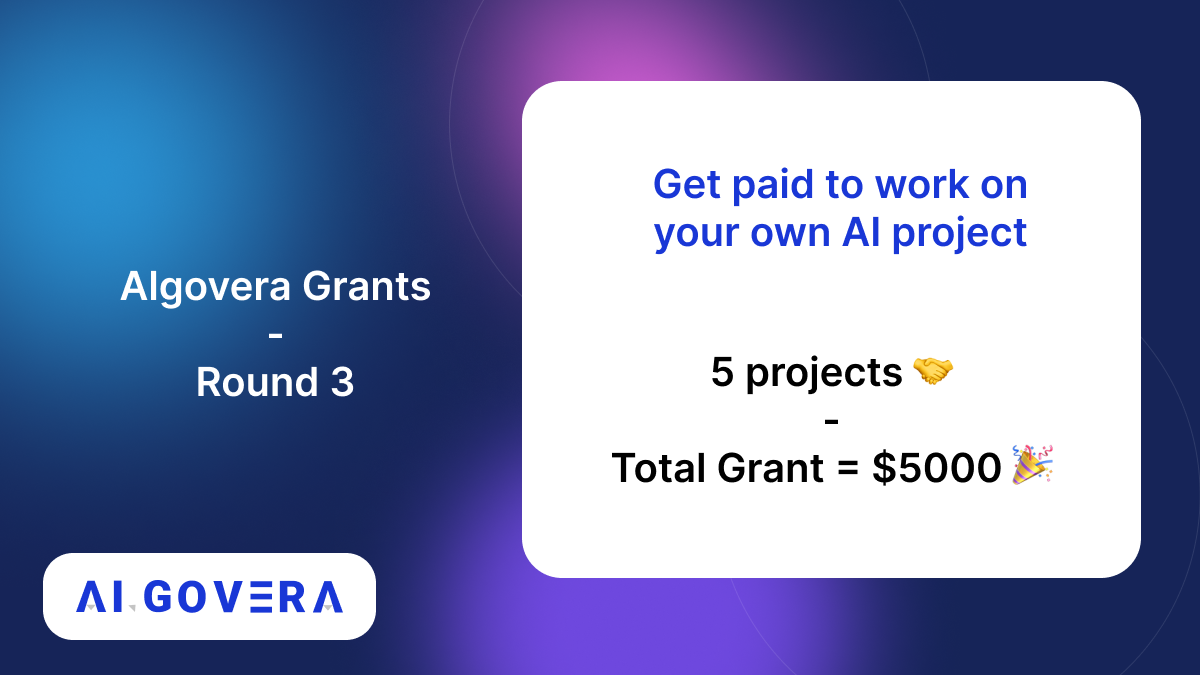
Improving Fairness of Face Anonymization Algorithms, A collaboration with DataUnion
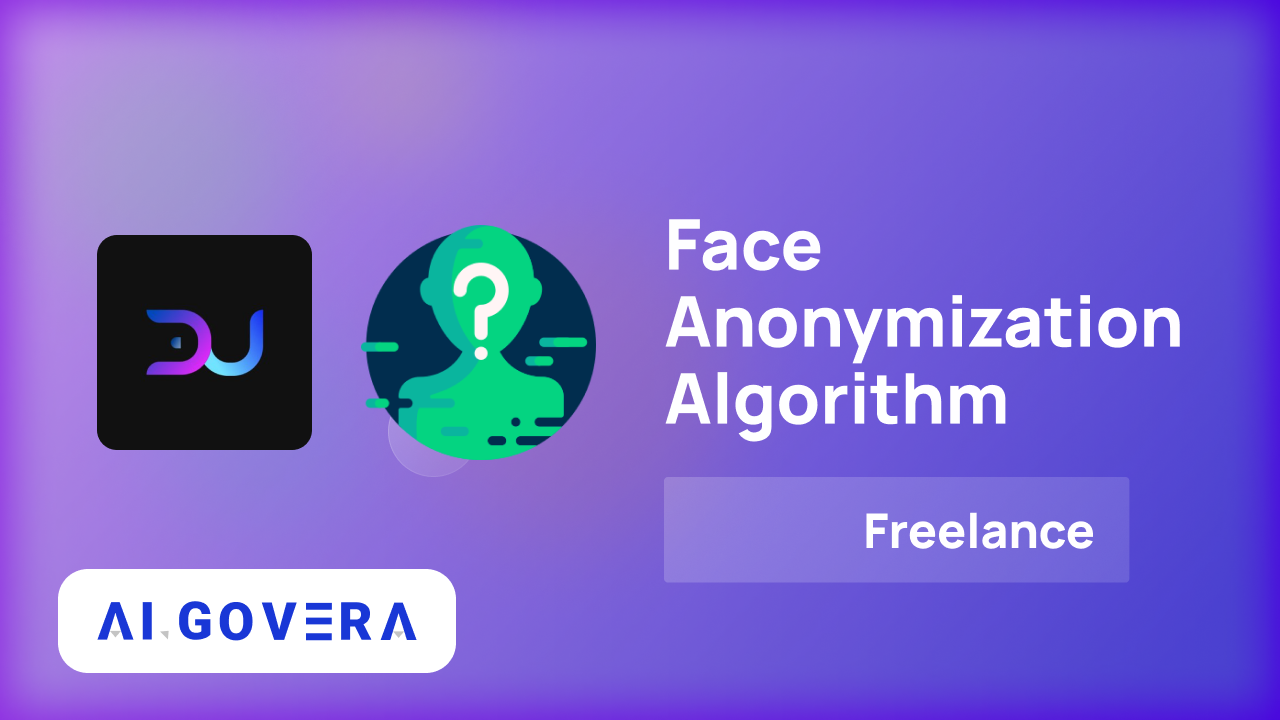
The mission of Algovera is to empower data scientists to work independently and keep ownership of what they create. We are passionate about creating AI apps that are oriented to the needs and preferences of the user rather than the corporation. For this reason, we are very excited to announce our partnership with DataUnion to improve the performance of face anonymization algorithms across different ages, ethnicities, and genders. In particular, this project will explore a novel approach to creating AI apps that are more fair, unbiased, and collectively owned by users and creators, using the advantages of networks, crowdsourcing and Web3. You can can find information on this new approach and why we think it’s important below. We are currently looking for freelance data scientists to work with us on this project, and you can submit your application using this form.
Algovera Private AI Study Group
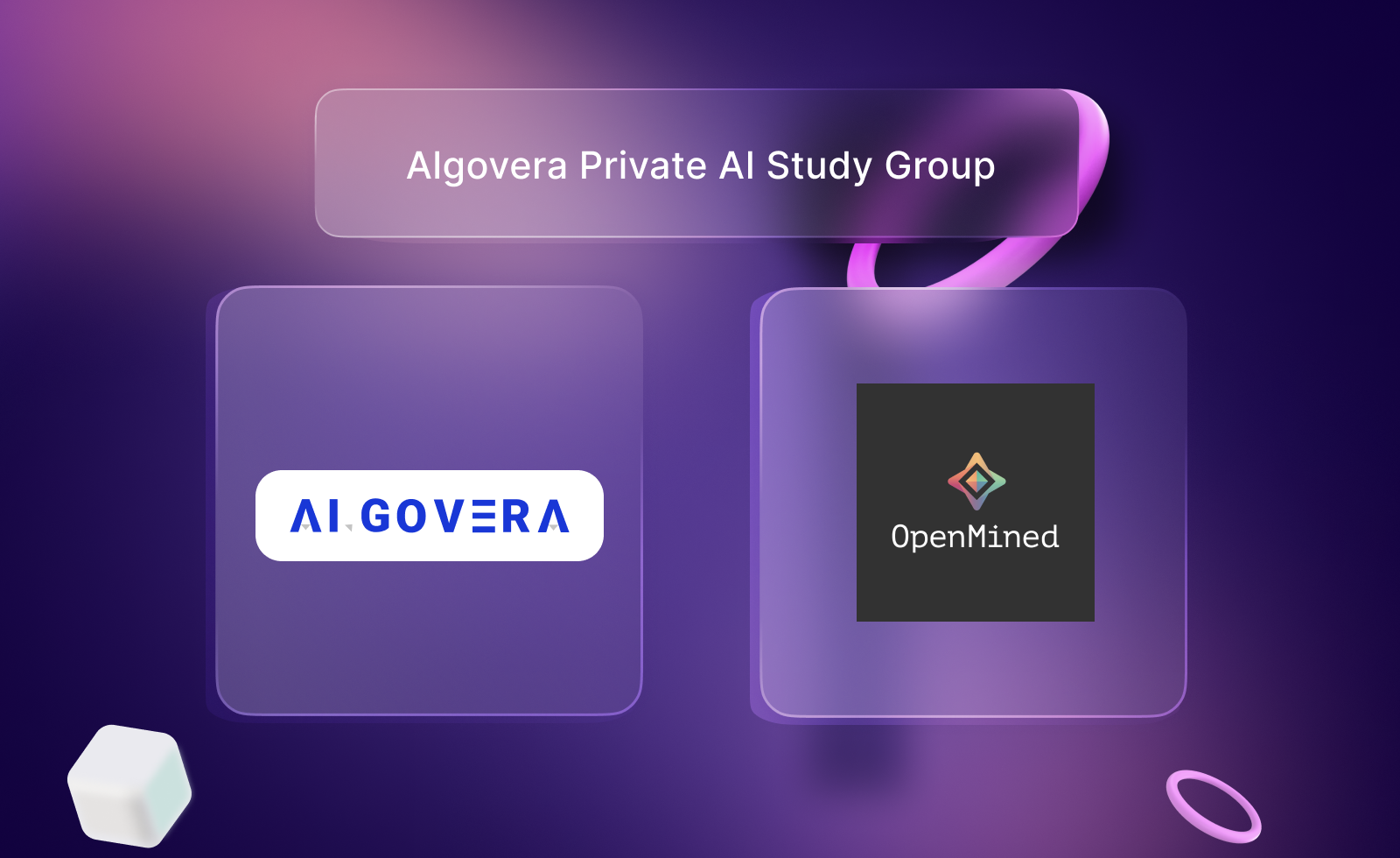
Which course? Openmined’s Foundation of Private Computation
About the course
“Become a data scientist and statistician capable of studying data you do not own and cannot see. Learn every major privacy-preserving technique to an intermediate level, understand how they work together, and how you can use them to safely study data owned by another organization (such as another university, enterprise, or government) without ever seeing the underlying data yourself.”
Announcing Algovera Grants Round 2
We’re incredibly excited to announce the second round of Algovera Grants! We had an amazing first round with eight projects receiving funding and some really innovative projects taking off - take a look at our blog post detailing the first round process, and our Notion page detailing previous grant winners.
Tutorial for using token-gated apps on HuggingFace
This tutorial will walk you through the steps to use Algovera token-gated apps on HuggingFace. All of our apps use the Ocean Protocol Python library in the backend. For more information on the benefits of token-gated assets and the benefits of integrating HuggingFace and Ocean Protocol, check out our blog post.
Update and Next Steps for Algovera Squads
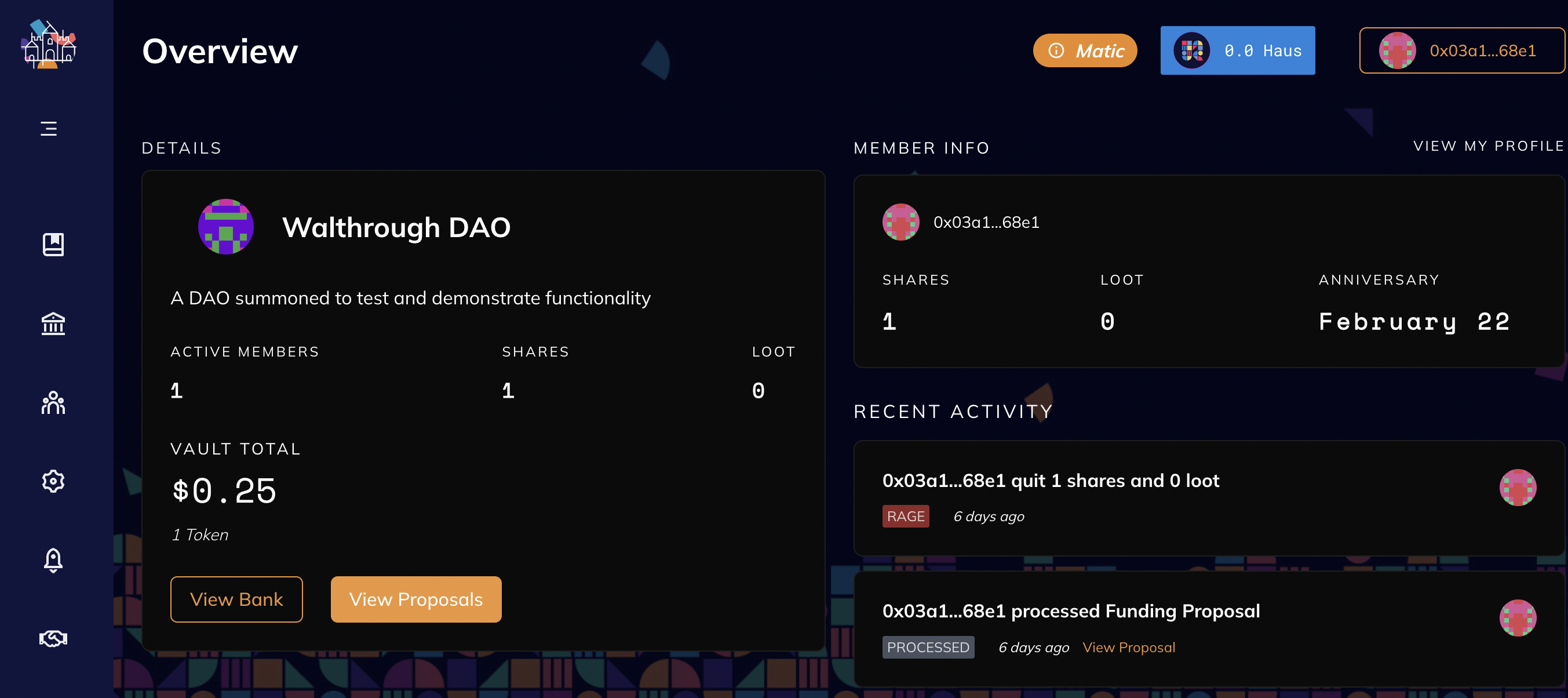
Recently, we announced the launch of Algovera Grants to fund projects that combine AI and Web3.
Grant Recipients for Algovera Grants R1
Announcing Algovera’s Partnership with nCight to develop a medical image classification algorithm
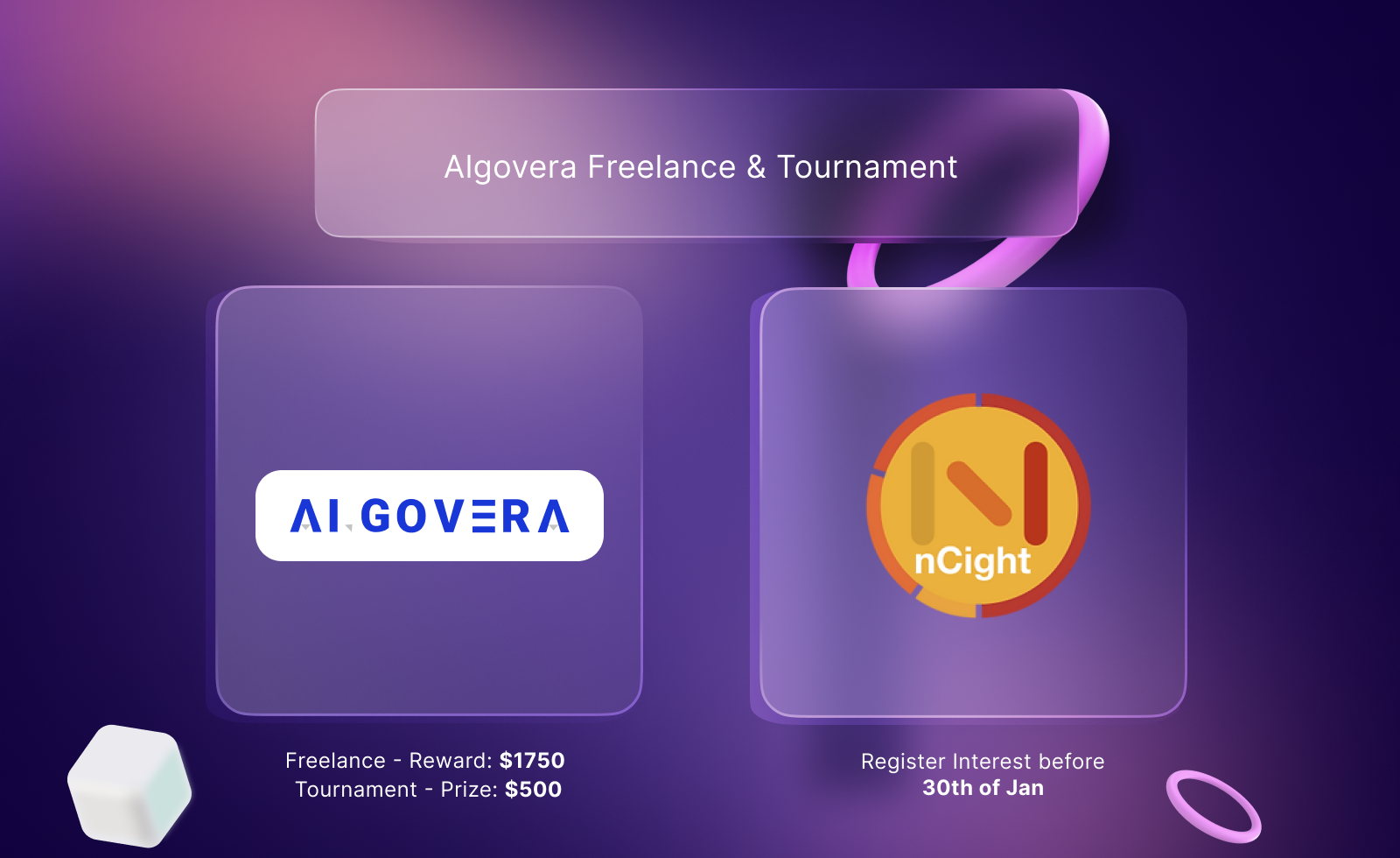
Algovera’s Mission
The mission of Algovera is to empower data scientists to work independently outside of centralised tech companies. We think this is preferable to the current status quo for two main reasons.
Using the Ocean Marketplace with HuggingFace Apps, Algorithms and Datasets
HuggingFace is an online community of data scientists with a mission of making it as easy as possible to to train, optimize, and deploy models. HuggingFace Hub aims to provide a central place for collecting models, datasets and metrics. The model hub offers thousands of pretrained models to perform tasks on different modalities such as text, vision, and audio. HuggingFace Spaces provides a simple way for data scientists and organisations to demonstrate machine learning apps. It provides access to cloud compute and accelerated deployment.
Introducing Algovera AI x Web3 Grants
TLDR: $5000 total budget for grants. Maximum of $1000 for each team. $1000 earmarked for underrepresented groups. Proposals open on January 1st at 12:01 am GMT. Proposals deadline on January 16th at 23:59 GMT.

“Look around. It’s hard to believe the Algovera Grants Program built this.” — Anon, 2031
Introduction
Hi, we’re Algovera. We envision a world where independent AI developers have the freedom to work on projects that they’re passionate about. These AI developers would keep ownership of their ideas and inventions, receive rewards based on their contributions and acquire passive income based on the value generated by their creations. With this in mind, we are launching the Algovera grants program for projects that combine AI and Web3. For the first round, $5000 worth of grants are on offer with $1000 earmarked for underrepresented groups. Initially, the maximum grant for each individual project is $1000 (e.g. to fund one month of part-time work).
Onboarding AI Startups from Web2 to Web3
The community of AI startups in Ireland is one that we’re very close with, from our time of working on our own startup developing machine learning (ML) algorithms for motion analysis in physiotherapy applications. During our experience in the space, we have spoken to and developed relationships with a large network of other startups that are developing ML and computer vision technology. Like our own previous venture, these startups follow Web2 practices. In a previous blog post, the benefits that Web3 technologies can offer in the development of AI algorithms for our use case were explored, along with our development efforts in this direction.


